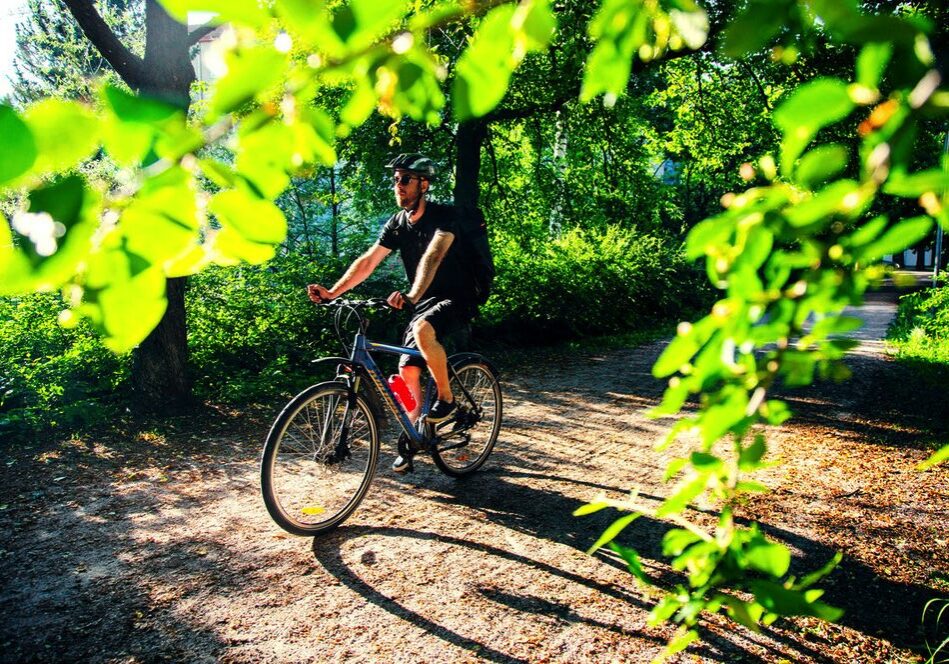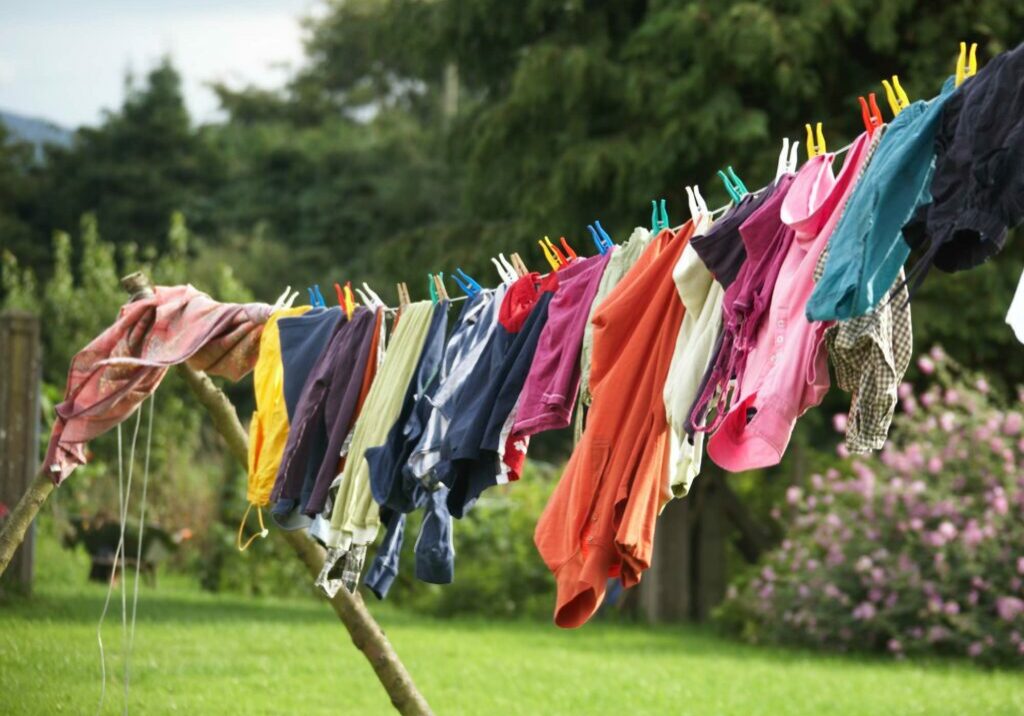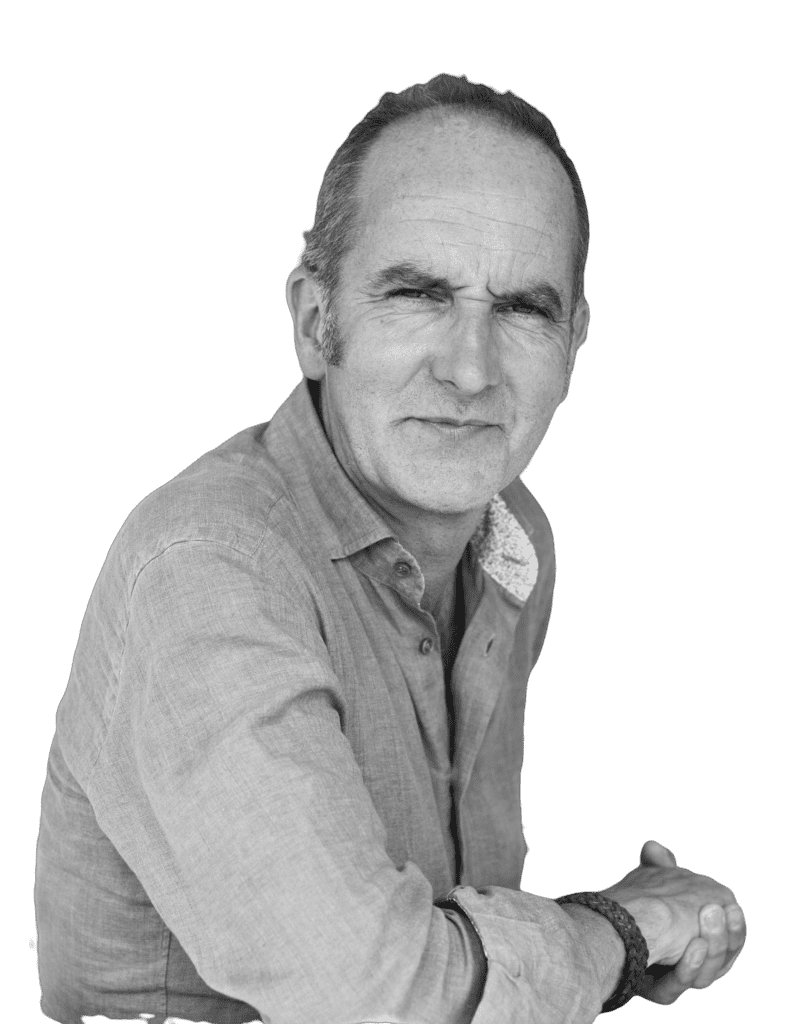
What do we mean by a sustainable home?
There are 56 tonnes of carbon emissions related to the construction of a new home. It sounds a lot, but it’s a tiny proportion of the building’s emissions over its life. It’s when we get in and we turn the lights on and we heat it – that’s when its impact comes to bear.
So best practice would be to build a super-insulated house that’s got managed ventilation. And you might put some solar panels on the roof and generate some electricity, and you might even export some back to the grid.
Before you know it, you might even have a zero-carbon house, something which over its lifecycle produces as much energy as it might consume. And now you can do it as a community – 50 houses that have solar panels can have a big communal battery system that exports back to the grid, working as miniature power stations. As a society, we need to be moving towards that idea.
What are some of the small things people could be doing in their homes?
There are lots of tips like using draught excluders or putting extra insulation in the attic. Insulation pays for itself in two weeks, so it’s worth it. Secondary glazing, which is much cheaper than double glazing, can give the thermal performance of standard double glazing. And the comfort level is just so much better with fewer draughts.
What are the best ways of sustainably heating your home?
My first rule is heat yourself, not your house – turn the boiler down. I’m wearing four layers because it’s cold today, and I sleep in a T-shirt and pullover. So that’s the first thing to do: use less energy, turn the boiler down.
And there are types of heating other than conventional domestic heating, like infra-red, for example, which is more efficient as it just heats you. Of course, this kind of advice doesn’t apply to everybody. There are plenty of people who really need to have their homes heated, and right now it’s a big issue because of the cost of energy.
Is it easy to find a green energy provider?
Yeah, there are several now. Some of them commit to buying only sustainable energy – that’s energy produced by renewables. Others claim they’re going to put all or some of their profits back into renewables. So find the scheme that suits you. The premiums are a bit higher, so you’re paying more – but everybody’s paying more for electricity now.
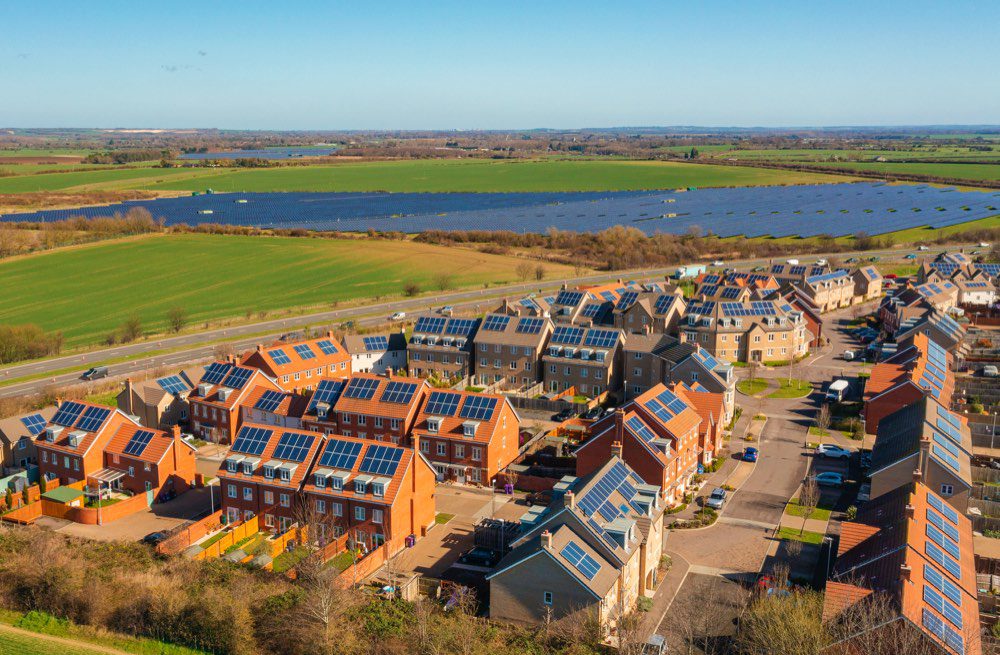
© GETTY
Are there other areas where we can make small changes that make a big impact?
Just being careful in every part of your life about not consuming too much – that does more for sustainability than anything else. So we can turn the lights off. And with the kettle, only heat as much water as you need. It’s the same with the washing machine – do you need to do 15 half loads a week rather than three full loads? It’s about how we use energy.
Should we be thinking about water, too?
Fresh drinking water isn’t infinite. And water’s needed to grow trees, it’s needed to grow crops, it’s needed in very large quantities to look after us in other ways, not simply for washing or flushing down the toilet. It’s been great to see the legislation over the past 20 years demanding low-flush systems.
We’ve gone from, I think, 150-170 litres per person per day domestic use, which is mainly flushing the toilet, down to new housing being about 110-120 litres per person per day. But if we can get to 90 litres, that’s much better.
Also, have a shower, not a bath. And there’s a maxim in my household: if it’s yellow, let it mellow; if it’s brown, flush it down. It seems bonkers to me to be flushing litres of clean drinking water down a toilet.
How can we work with nature rather than against it?
I think the first thing we can do is start sharing. Lockdown taught us how important community is and the value of helping each other and living alongside other people. I think the love that we feel for each other as human beings and how we express it is something so primal to who we are and what we are.
And we don’t dream of exploiting or hurting the people we love – we want to cherish them and see them flourish. Our love for the world is like our love for each other. We’ve just got to find it and show it. We’re part of a bigger ecosystem and it’s far cleverer than we are. We’ve just got to learn to respect and love it.
The wild is calling. It’s time to act.
To hear the interview in full, or listen to an exclusive bonus episode, subscribe to our podcast. Just search for Call of the Wild wherever you listen to podcasts, or visit our Call of the Wild site
More to explore
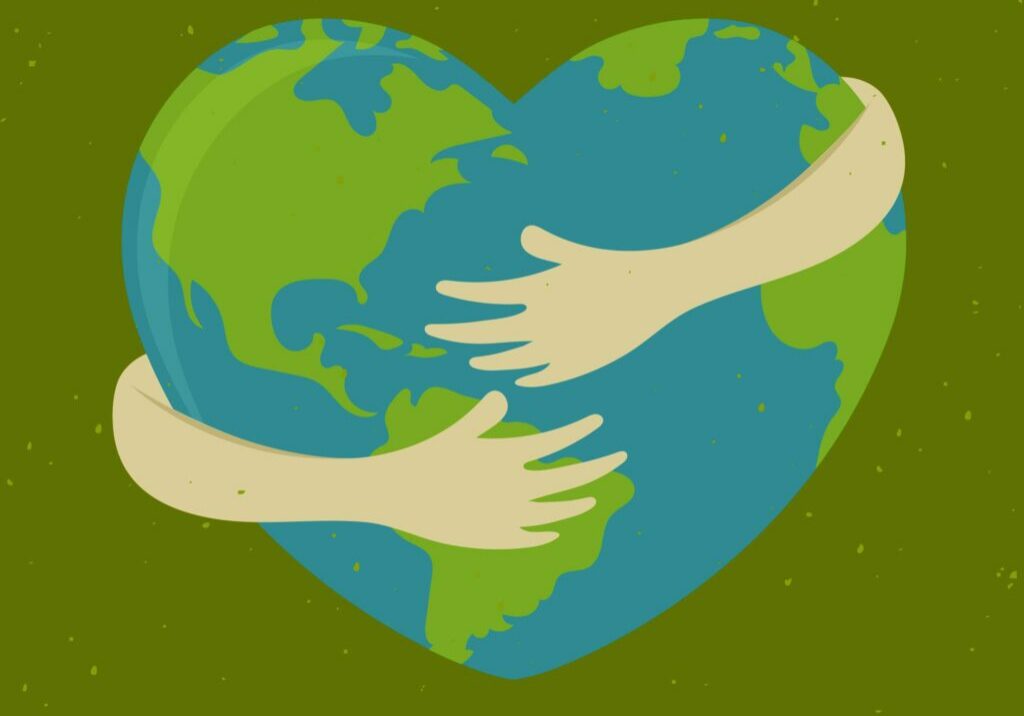
Everyday ways you can help the planet
You’re already a hero to us, but are you a green hero as well? Follow our top tips to enjoy an even more sustainable lifestyle
